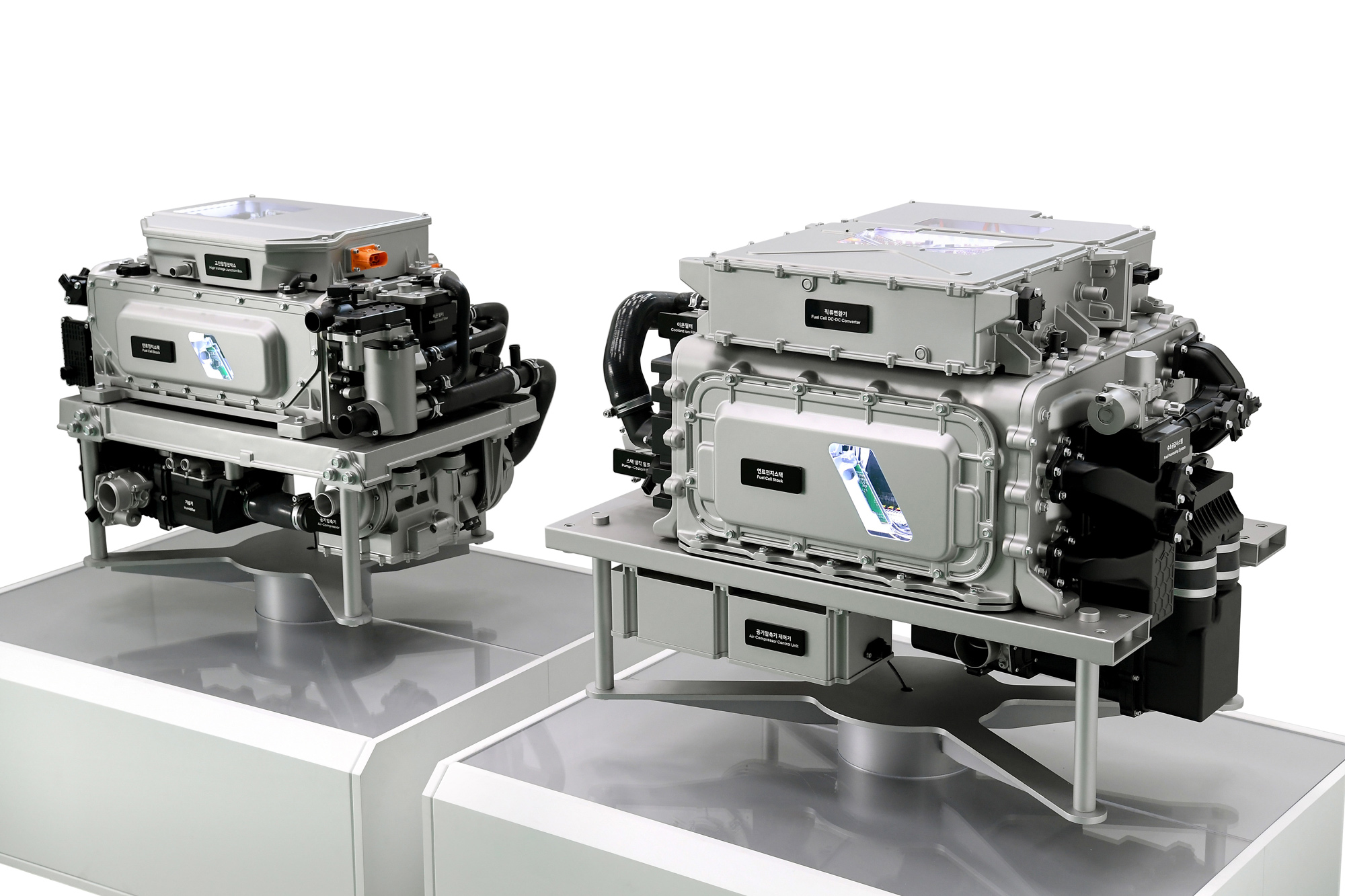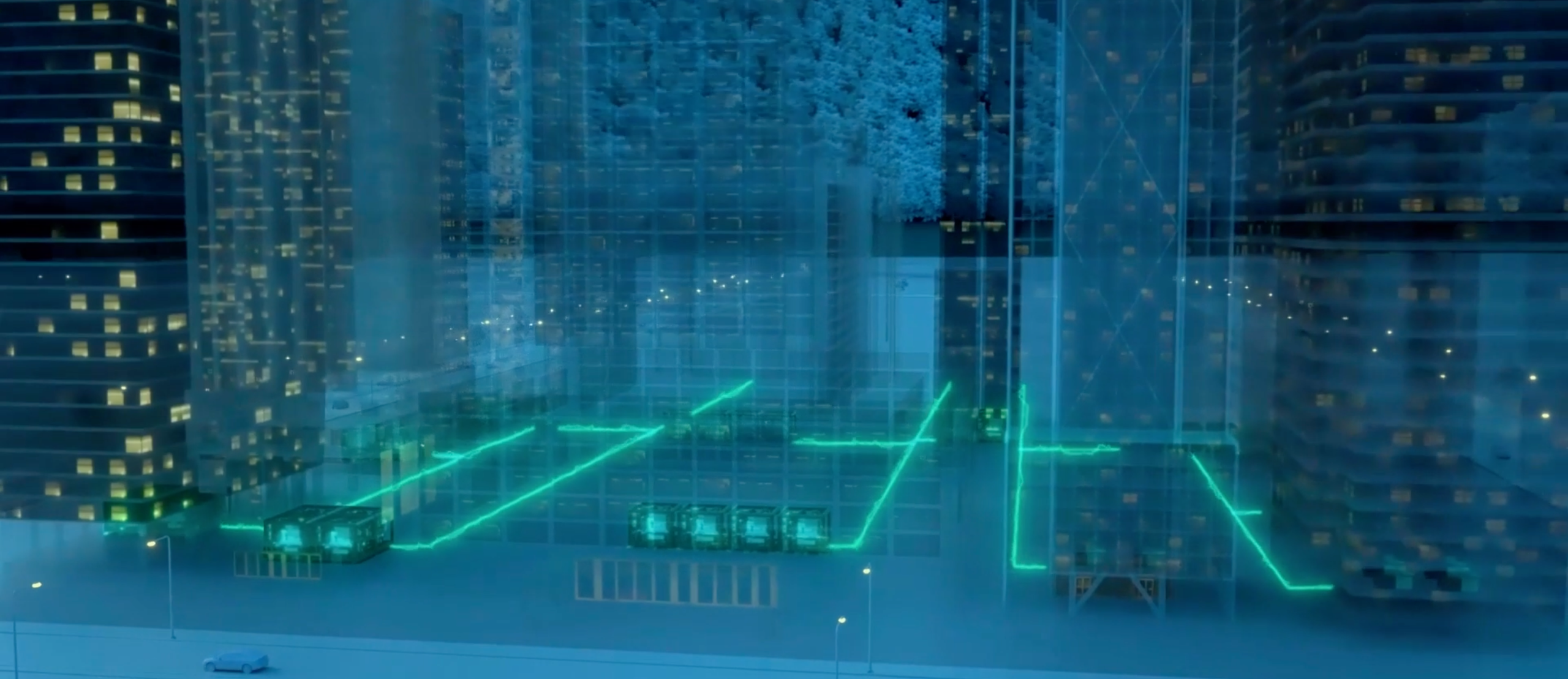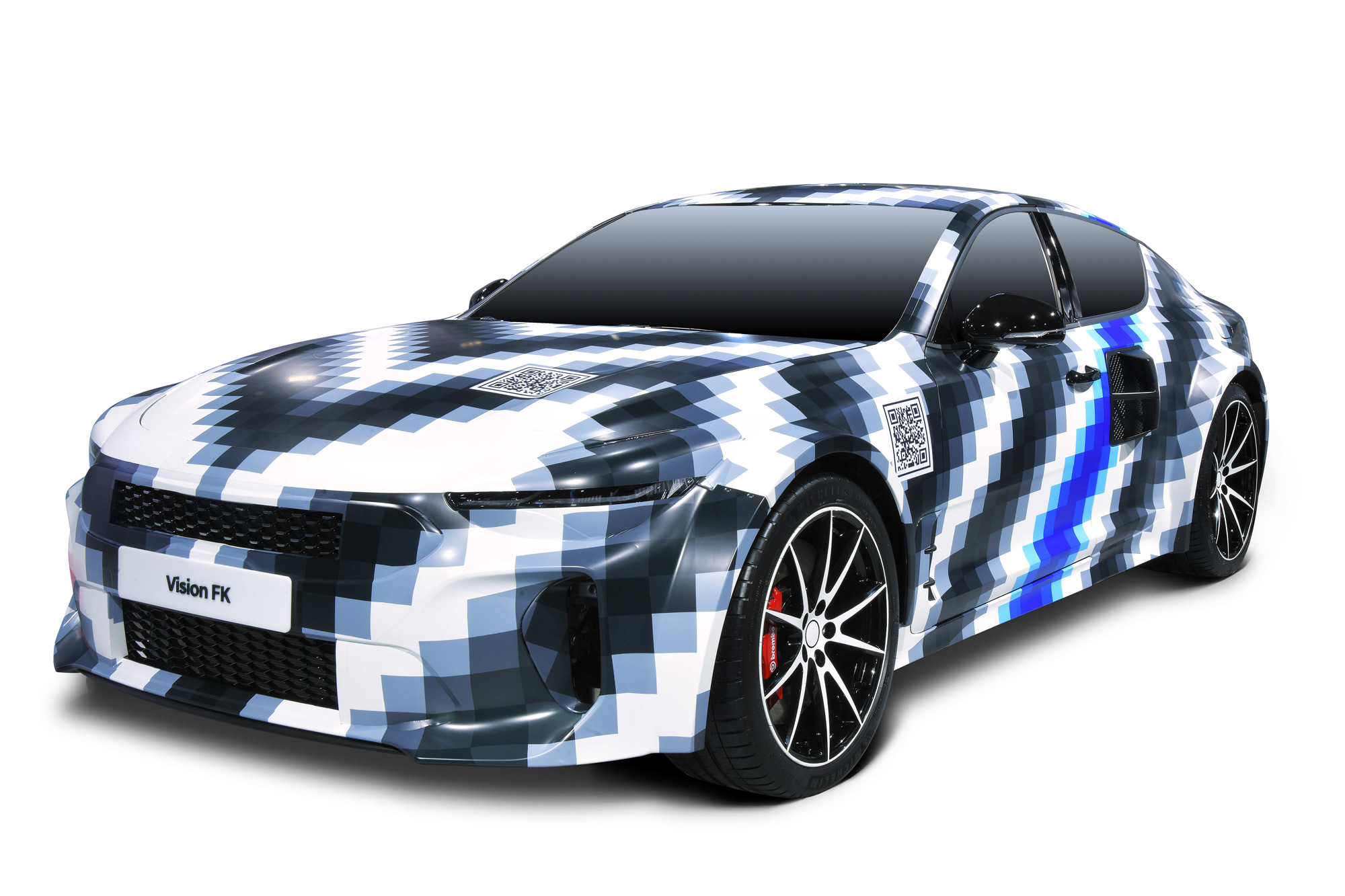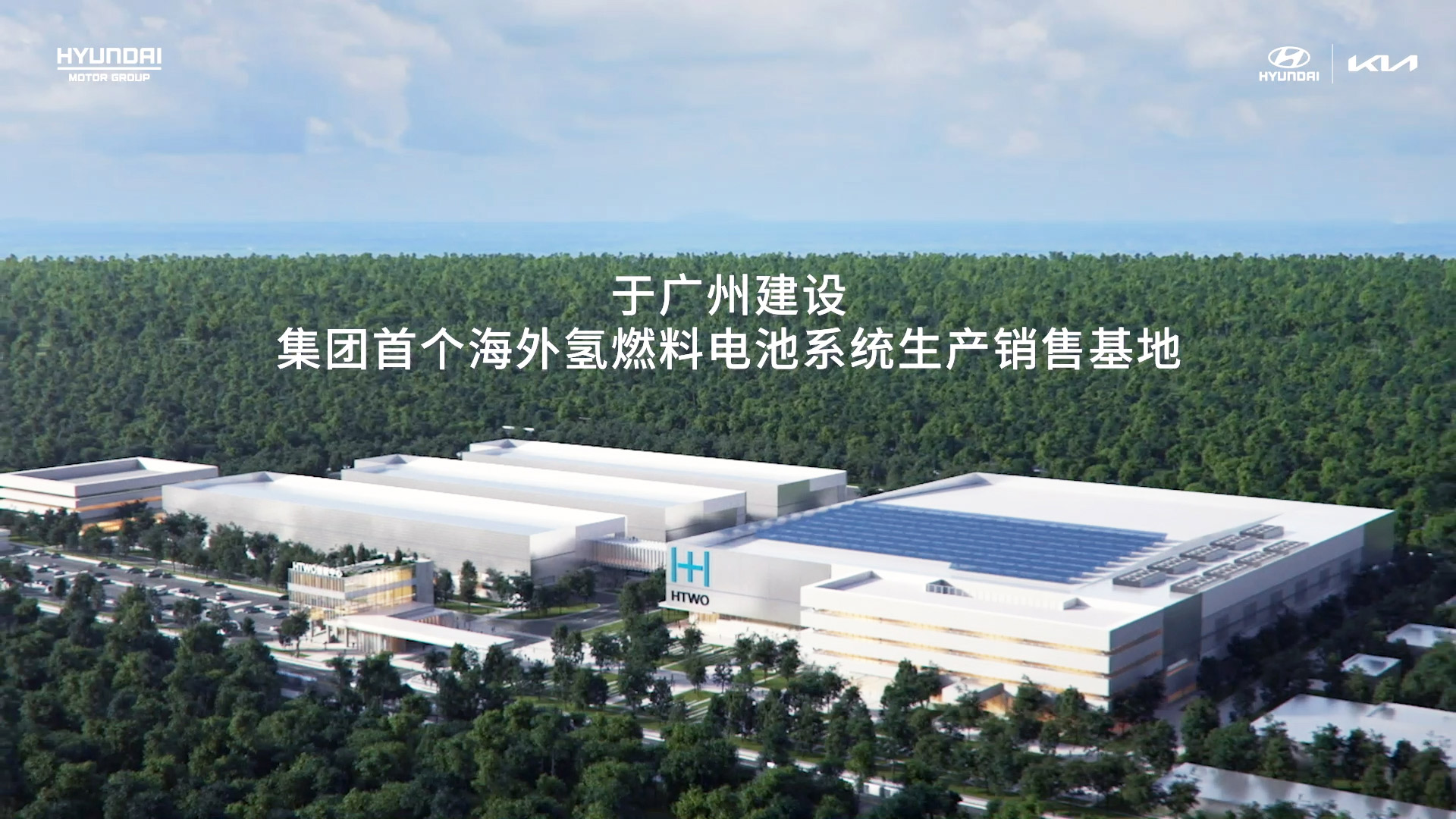On September 7th, Hyundai Motor Group held the “Hydrogen Wave” global conference online, unveiling the “Hydrogen Vision 2040”. At the conference, the Hyundai Group announced its future strategy for hydrogen fuel cell systems and hydrogen-powered mobility solutions. At the same time, the latest hydrogen products and technologies from Hyundai Motor Group were also unveiled.
Background
Hyundai has been developing hydrogen-powered vehicles since 1998. In 2013, Hyundai’s first mass-produced hydrogen-powered vehicle, the ix35 FCEV, was officially launched. Subsequently, the new generation hydrogen-powered vehicle NEXO was launched in 2018. Last year, Hyundai introduced the XCIENT Fuel Cell, a hydrogen-powered heavy truck that can replace diesel, consisting of two sets of NEXO hydrogen fuel cell systems.
Initially, the price of hydrogen fuel vehicles was not competitive, and they were even called “million-dollar cars”. The lifespan of these vehicles was another key issue to be addressed. Hyundai officially announced that in the more than 20 years of research in the field of hydrogen fuel cell technology, the cost of hydrogen fuel has been reduced by nearly 98%. In addition, Hyundai has set a goal to make fuel cell vehicles price-competitive with pure electric vehicles by 2030 and improve their durability.
Product Planning
The third-generation hydrogen fuel cell system, which is currently in the research and development stage, will replace the existing hydrogen fuel cell system of the NEXO and will have two power specifications, 100 kW and 200 kW, planned to be launched in the market by 2023. Compared with the current hydrogen fuel cell system, the new system is about 30% smaller in size, making it more adaptable to different vehicle types and application areas. The 200 kW version is similar in size to the NEXO hydrogen fuel cell system, but the output power is doubled.
On September 7th, Hyundai Motor Group held the “Hydrogen Wave” global launch event online, officially releasing the “Hydrogen Vision 2040”. In this launch event, Hyundai Group announced the group’s future strategy for hydrogen fuel cell systems and hydrogen-powered mobility solutions. At the same time, Hyundai Motor Group unveiled its latest hydrogen products and technologies.
Product Planning
The third-generation hydrogen fuel cell system, currently in the research and development stage, will replace NEXO’s existing hydrogen fuel cell system, with two power specifications, 100 kW and 200 kW, planned to be launched in 2023. Compared with the current hydrogen fuel cell system, the new model is about 30% smaller in size, making it easier to apply to different vehicle models and application fields. The 200 kW specification version is similar in size to NEXO’s hydrogen fuel cell system, but the output power has doubled.

In addition, this hydrogen energy fuel cell system made its debut in the Vision FK hybrid prototype. Here are the core parameters:
- Maximum power exceeds 500 kW;
- Acceleration time below 4 seconds per 100 kilometers;
- Endurance mileage exceeds 600 kilometers.This car will also be equipped with the PE system jointly developed by Rimac Automobili.

In Conclusion
Modern’s “Hydrogen Vision 2040” aims to transition towards renewable energy. In the future, hydrogen energy will not only be used in cars and passenger vehicles, but also in transportation tools such as urban trams, unmanned rescue vehicles, and unmanned transport vehicles to achieve this vision.
With China being one of the world’s most important markets, the Hyundai Motor Group will establish the first overseas hydrogen fuel cell system production and sales base in Guangzhou to leverage China’s leading strength in the field of hydrogen energy and continue to support the rapid development of China’s hydrogen energy industry.

Whether it is a power battery or a hydrogen energy battery, both are effective means to achieve carbon peak and carbon neutrality. The future development also depends on market response and follow-up of supporting facilities. But we believe that having more ways to achieve our carbon neutrality goals will accelerate our progress.Information source: Official website of Hyundai
This article is a translation by ChatGPT of a Chinese report from 42HOW. If you have any questions about it, please email bd@42how.com.
